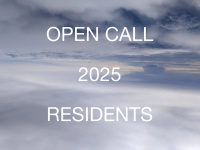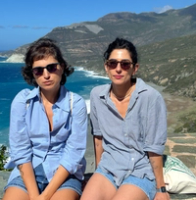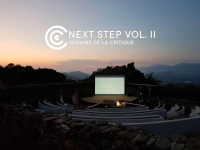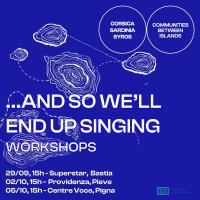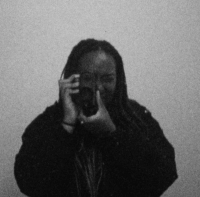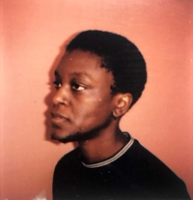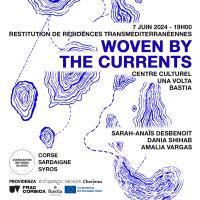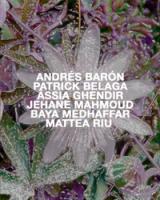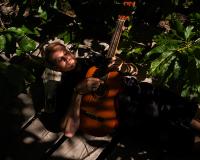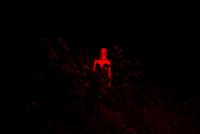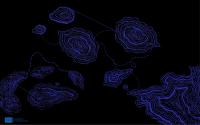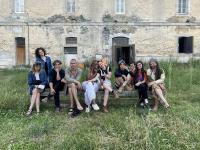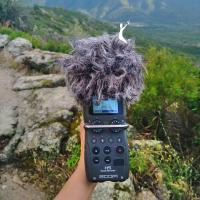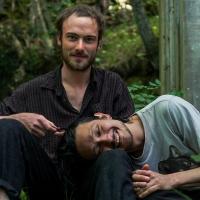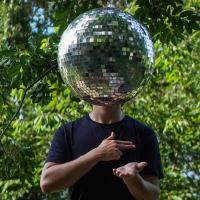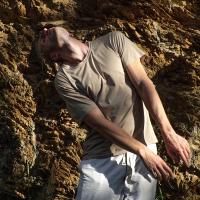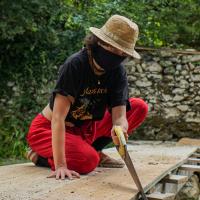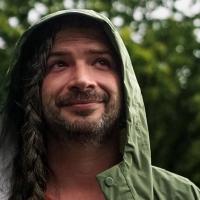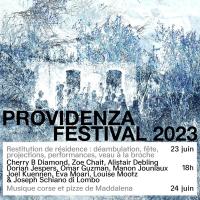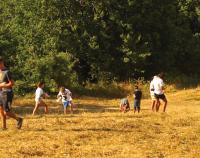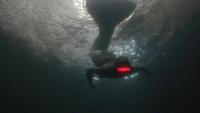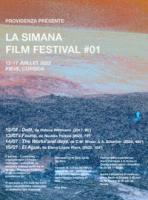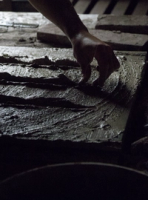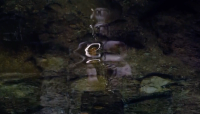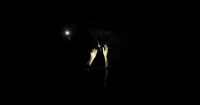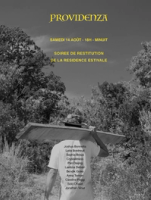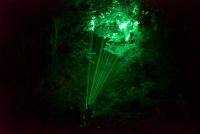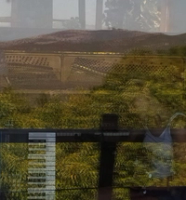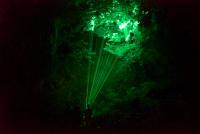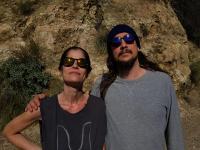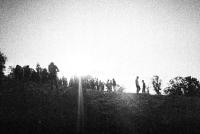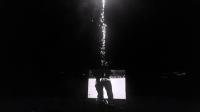"Bendik Giske is an artist and saxophonist devoted to fearless exploration of his body - its boundaries and its meanings. While playing the saxophone he uses the unusual technique of circular breathing to achieve mesmerizing effects. The idea of the body and its vulnerability and endurance is important for Giske not just in the sense of control needed while playing the instrument. It’s also present in his movement, which goes back to dancing traditions from Bali, where he spent his childhood, and is linked to his sense of queerness which has helped him create his own voice on the music stage.
In the past, Giske's aim during each performance was to become more and more like a machine. Now, after his acclaimed second album Cracks (2021), he says he “is trying a new set of parameters for the automated processes of his muscle memory to work against.” Unsound
At Providenza he worked on the preparation of a multi-channel sound installation, rehearsed multiple soundtracks and recorded with other residents. Together with Antoine Viviani they made a couple short films in Lucupianu near Sorio's waterfall.
Bendik Giske is a Norwegian saxophonist and performance artist, living in Berlin. He has released two albums, Surrender (2019) and Cracks (2021), both on Smalltown Supersound.
Dave Segal at Pitchfork wrote that "Giske's approach has more in common with the otherworldly fever-dreamscapes of the late trumpeter Jon Hassell and his young sax acolyte Sam Gendel than with any jazz traditionalists."
John Lewis, writing in The Guardian, describe's Giske's music thus: "Instead of hiding the imperfections, glitches and inner workings of the instrument, he foregrounds them, like a sonic Pompidou Centre. He places numerous contact microphones around his saxophone to amplify the sound of his fingers clicking against the keys and keypads, till it sounds like a typewriter playing techno. He amplifies his own sighs and breaths and puts the sounds through FX units. His playing uses hypnotic repetition and some Albert Ayler-style overblowing freakouts, but Giske also draws from the techniques of the didgeridoo", from his time as a child in Indonesia, from the techno music scene in Berlin, and from queer theory, particularly José Esteban Muñoz's "queer time".
Giske was inspired to make Surrender after a visit to Berghain, a nightclub in Berlin. "Recorded in Oslo with producer Amund Ulvestad, the music is played by Giske alone on his sax. ... The patter of keys being pressed provides the beat, jangling away alongside reverberating sax riffs. Occasionally Giske's voice can be made out, a faint background chant."
On Cracks, Lewis writes that "his producer André Bratten uses the studio as an instrument, exploiting odd resonances and echoes, ... manipulating sympathetic drones and harmonics, creating a spectral shroud around Giske's ecstatic burbles".
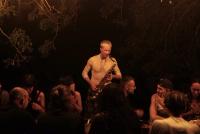
Past residencies
